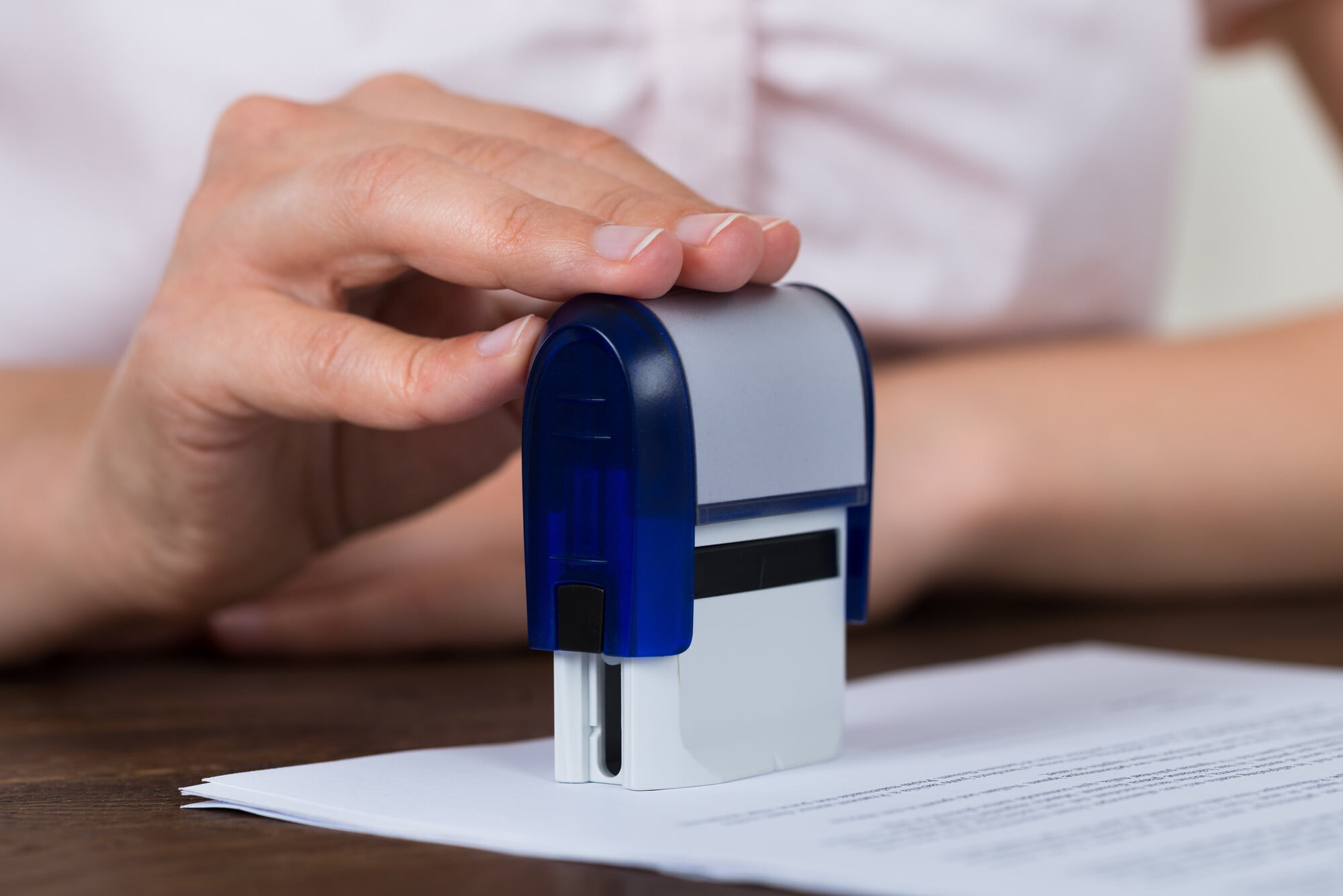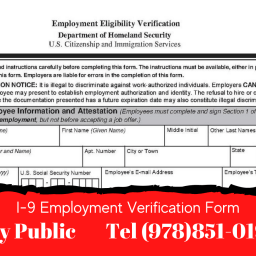
A notary is an official who is required by law to sign certain documents. Many types of documents need a notary, including real estate transactions and filings with the court. A notary is also necessary for certain types of agreements, such as those involving selling items of value. These agreements should be signed and notarized to protect both the buyer and seller.
Notary fees
If you operate a mobile notary service, you will need to determine how much to charge. There are a few factors that go into determining your fee structure. If you want to offer mobile services for a fee, be sure to check the local laws regarding notary fees. Some states do not allow for any kind of additional charge for certain services, including explaining the process to the customer and notarizing it in a different language. You may also need to pay for travel expenses, especially if your service requires security screening.
While many mobile notary services charge a flat rate, you should know that traveling fees may be included in the final cost. This means that you need to factor in the expense of gas and time spent traveling to the client. For instance, if you live in a rural area, you may have to travel for an hour to meet your client. Gas is expensive, so this will not be a cheap option.
Documents that require a notary
Notarization is a legal requirement for certain documents. These documents include wills and contracts. Some states even require that divorce contracts be notarized. Many contracts include a box that a notary must check to sign them. This step can save time and effort. Other documents, such as contracts for real estate, may also require a notary to sign them.
Notaries are available at various locations in the community. You can find one at a bank, credit union, or even at the USPS. Notaries are also available at your county clerk, the court of record, and court commissioner’s offices.
Requirements for a notary signer
To become a notary in Massachusetts, you need to first obtain a notary public license. This license is required by law to execute documents. There are other requirements, such as insurance and background checks. A background check typically costs around $60, while insurance can be as expensive as $72 per year. You should also purchase a notary seal and journal.
The state of Massachusetts requires a notary public to maintain an official journal of notarial acts. The journal must be numbered pages that are permanently bound. In addition, the journal must contain the name and address of the notary public. However, the journal should not contain the social security number of the notary signer.
Common-law notaries vs civil-law notaries
Common-law notaries and civil-law notaries differ in a number of ways. They both perform a similar role, authenticating documents and signatures, but their duties are distinct. Civil-law notaries, for example, do not act as attorneys. Instead, they act as impartial third parties who can issue legal advice and act as witnesses in certain legal processes.
Civil-law notaries are also known as notaries public. Their primary duty is to authenticate documents and act as impartial advisors to the parties involved. The function of a notary dates back to the medieval period when a notary would document and record evidence. However, medieval notaries’ duties were largely secular.
Requirements for a notary to be impartial
As a public official, a Notary must act impartially when witnessing legal transactions. This means they cannot be biased toward one party or another, even though they may be involved in the transactions. This impartiality protects the transactions from outside influence. There are specific guidelines and rules a Notary must follow to remain impartial.
In addition, a notary must be of good moral character. Applicants must have a good history and be free from any felony convictions. Individuals with a conviction for a felony must first have their rights restored before they can apply for a notary commission. Individuals who have committed a crime involving dishonesty or moral turpitude are also ineligible.












